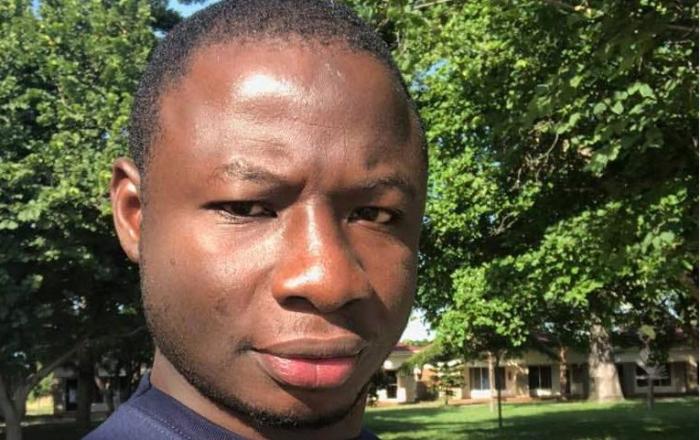This statement was originally published on www.mfwa.org on January 21, 2019.
On Wednesday, January 16, 2019, Ahmed Hussein Suale, a member of the Tiger Eye PI investigative team led by Anas Aremeyaw Anas, was shot and killed by unknown gunmen.
The incident has attracted local, regional and international attention and condemnation. All actors including the UN have called on the Ghanaian authorities to promptly and thoroughly investigate the matter to bring the perpetrators to book.
While we are saddened by the death of Suale, the incident brings to bare three critical challenges on safety of journalists in Ghana that must be highlighted and given attention by all actors.
- State Failure
While individuals and institutions have a responsibility to protect journalists, the state has a primary responsibility in providing safety and protection for all, including journalists. But over the years, the Ghanaian state has woefully failed to live up to its duties as far as safety of journalists is concerned.
In the last four years for example, the Media Foundation for West Africa (MFWA) has reported 62 incidents of attacks on journalists and media houses in Ghana. This translates into more than one attack on journalists per month.
On many of these instances, the MFWA has often petitioned the appropriate authorities with due follow-ups or issued statements demanding action from authorities.
Recent examples of such abuses include the attacks on a reporter by a body guard of former President John Mahama; the attack on four reporters by security officers of the ruling New Patriotic Party at the party’s headquarters in Accra; soldiers’ assault on a freelance journalist, Kendrick Offei.
Others have included police brutality against Joy News reporter, Latif Idrissu and attack on GBC reporter, Yahyah Kwamoah by presidential staffer Stan Dogbe. There have also been attacks on media organisations such as Hot FM in Accra, Radio Justice in Tamale, and the Daily Guide’s offices in Kumasi.
Sadly, apart from actions taken by individual media organisations, notably the Multimedia Group, to secure justice for their abused staff, there is no evidence of state-led investigations leading to conclusions and justice for victims. Not even when an assault happened at their Headquarters have the police been able to unravel it.
For instance, one would have expected the state security agencies to have taken action against the Member of Parliament for Assin Central, Kennedy Agyapong, on his publicly made and widely publicised incitement of violence against the late Suale.
The consequence of the continued phenomenon of state inaction on issues of attacks on journalists have bred a thriving culture of impunity that can only create the impression that journalists can be abused without accountability.
- Inertia on the Part of the Media
The media themselves – media organisations, journalists and other workers – bear a great responsibility in raising the profile of safety of journalists issues and setting the agenda for authorities to consider them as priority national issues.
Unfortunately, over the years, reports on attacks on journalists rarely make top-level headlines in media coverage and discussions. At best, such reports are often taken up by the media organisation of the victims and very few others, and even in that case, the issue is not discussed on a sustained basis.
Quite often too, journalists who are victims of attacks and their respective media organisations fail to report the incidents to the police for investigations, and when they do, they often do not follow up. Indeed, in conversations between MFWA and the Ghana police on matters of safety of journalists, the police have often raised the issue of cases not being reported to them as one of their challenges.
- Undignified Compromises
There have been a number of occasions when the pursuit of justice in cases of violence against journalists have been compromised through backdoor settlement.
Such settlements, which sometimes include compensations, are done on the blind side of media actors seeking justice and through whose action the matter became high-profile.
In some instances too, such backdoor negotiations and compensations on abuses that are criminal in nature, are actually facilitated by media actors to the detriment of the pursuit of justice.
The spate of impunity over attacks on journalists and media houses across the country is extremely worrying.
It is unquestionable that journalists themselves and their respective media organisations have a role to play when it comes to their safety. However, the state has the ultimate responsibility to ensure the safety and security of all, including journalists.
While we still commiserate with the family of the late Ahmed Suale and demand prompt and thorough investigations into the incident, the MFWA calls on the government to demonstrate greater commitment to matters relating to the safety of journalists.
We also call on management of media organisations to take appropriate steps to guarantee the security and safety of their staff and where violations occur, to take necessary actions to seek justice.




